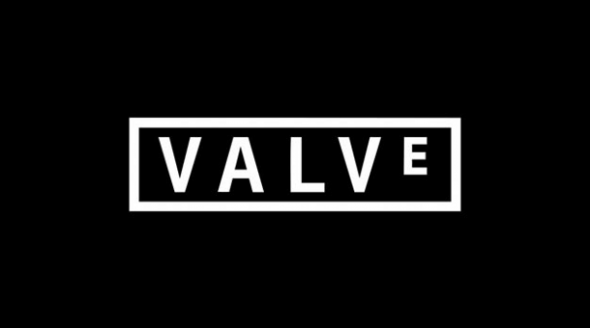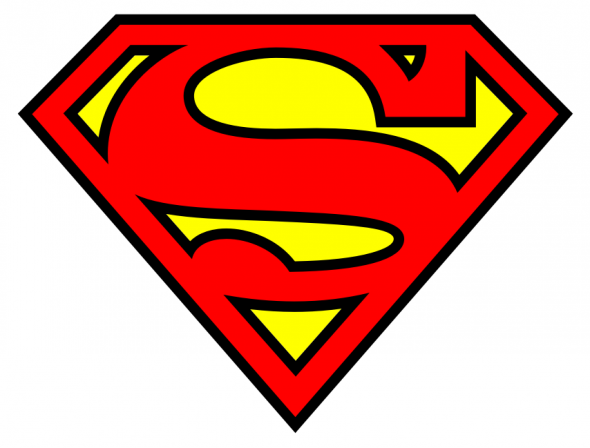For me, the journey to becoming a leader has involved many role models. I spend my life absorbing pop culture and interviewing those around me about their lives, and these two activities are the main influences in my life. For my leadership paper, I sorted them around three qualities: delegation, selflessness and confidence.
 Valve is a video game company that has no rules. Its
employees are not assigned any projects and no one has
titles. They all work on the same level and create
greatness, according to the employee handbook. This type of
leadership is extreme delegation since everyone works toward
a common goal, and nothing needs to be delegated in the
first place.
Valve is a video game company that has no rules. Its
employees are not assigned any projects and no one has
titles. They all work on the same level and create
greatness, according to the employee handbook. This type of
leadership is extreme delegation since everyone works toward
a common goal, and nothing needs to be delegated in the
first place.
Two other leaders who show this quality are Dumbledore and Keridwen Cornelius, the Editor-in-Chief of Phoenix Magazine. They both understand the abilities of their staff and work to hear ideas from everyone. However, they must also make weighty decisions that affect that fate of their work.
 Selflessness is seen in Superman and Nira Lee, an officer
in the Israel Defense Forces. Superman obtains much of his
strength from others, simply by knowing they need him. As an
alien species, he could not belong to his community if he
did not help it. So he leads, and he saves lives.
Selflessness is seen in Superman and Nira Lee, an officer
in the Israel Defense Forces. Superman obtains much of his
strength from others, simply by knowing they need him. As an
alien species, he could not belong to his community if he
did not help it. So he leads, and he saves lives.
Another superwoman, minus the power, is Nira Lee, who left everything in her home in Arizona to work for the Israel Defense Forces. She believes in the IDF code of conduct and spends every day of her job on the Gaza strip transporting goods into the people of Gaza.
I personally feel that a true leader must be selfless because it means they can empathize with others, and therefore lead with compassion. Both of the above examples emulate that personal strength.
A leader must have confidence in his or her decisions and mistakes. Sid Holt, the former managing editor of Rolling Stone, had to reestablish the magazine’s image in the mid ‘90s during a cultural and musical transition. In order to lead efficiently, he had to believe in his vision and inspire his staff to collaborate toward a goal.
Barack Obama seems like an obvious leadership example, but I want to emphasize his confidence when he speaks in public. His voice never falters, his message is strong and he carries himself with much conviction. This type of confidence can hold even the most disagreeable group of people captivated.
Lastly, Harold Kushner emphasizes personal strength through personal weakness in How Good Do We Have to Be? Only by accepting their flaws can humans advance.
All of these qualities add up and overlap to make an outstanding, strong, gentle, effective leader. While the path to leadership is not straightforward, like any route in life, it is best accomplished through a mixture of power in the self and power in others. As I move into the responsibilities of adulthood I will keep the above examples in mind and improve not only as a leader, but as a human being.
